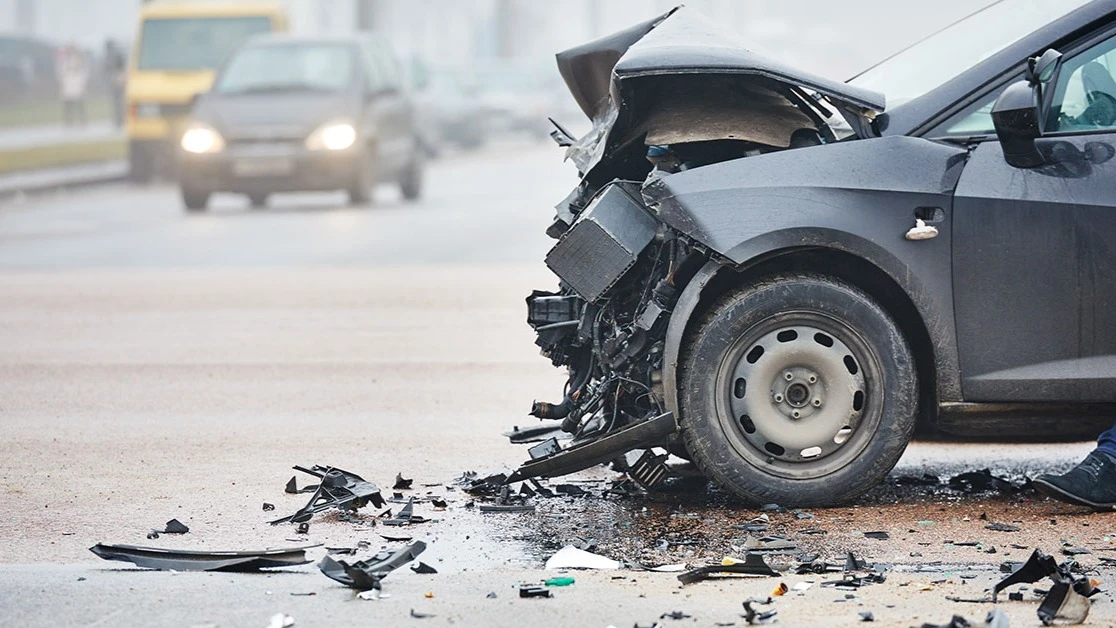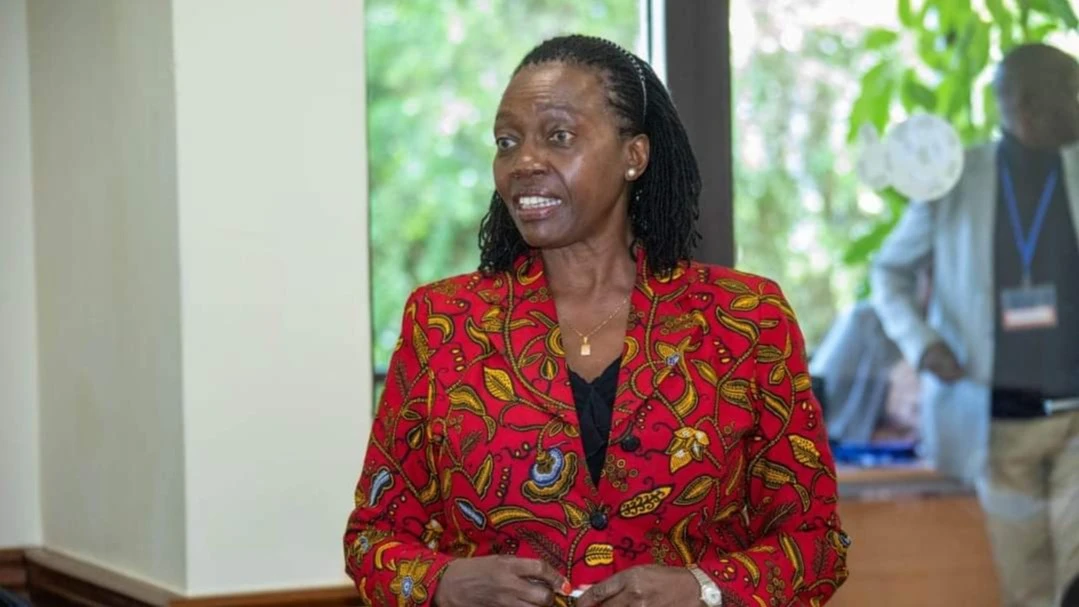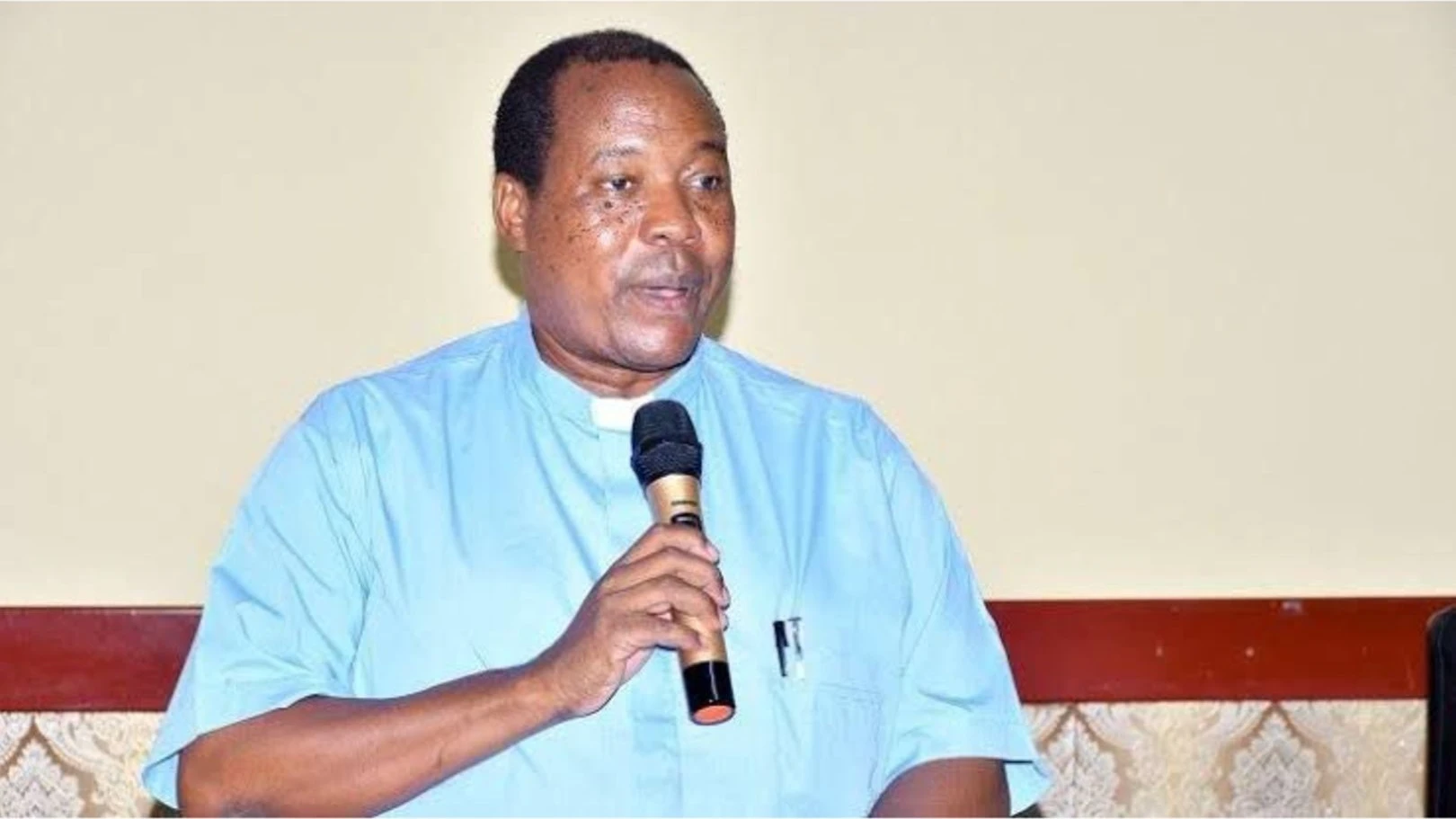Over 80 drivers charged in Tanga for reckless driving, drunkenness

MORE than 80 motorists, including lorry drivers, have had their driving licences suspended by the Tanga Regional Traffic Police Unit for various serious traffic offences such as causing accidents, speeding and driving under the influence of alcohol.
William Mwamasika, Regional Traffic Officer (RTO), said here yesterday that the suspensions followed a targeted crackdown and roadside breathalyser tests, which revealed that many drivers were operating vehicles while intoxicated.
Other reported violations included dangerous overtaking, especially in high-risk zones such as corners and bridges, putting both passengers and other road users at serious risk.
According to Mwamasika, the suspensions range from three to six months. Once the suspension period ends, affected drivers must apply in writing to the National Traffic Police Commander to request the reinstatement of their licences.
“If a driver reapplies, they’ll be required to retake a test. Failure to pass means returning to driving school. Those affected are not just from Tanga City; some were involved in fatal accidents, others were caught speeding in buses or driving Lorries while intoxicated,” he said.
Mwamasika pointed out that most of the intoxicated drivers operate at night, particularly those transporting bananas from Moshi or avocados and tomatoes from Lushoto—groups that have been closely linked to night-time accidents.
“We’re also clamping down on drivers overtaking in hilly or steep areas marked with no-overtaking signs, regardless of the time of day,” he added. He issued a firm warning: “Whether day or night, we will show no leniency to any driver who endangers lives on our roads.”
Mwamasika also noted that Tanga’s road infrastructure, especially along key highways, is narrow and outdated, necessitating greater caution from drivers. He said his office was intensifying patrols and educational campaigns to combat driver negligence and reduce accidents.
He acknowledged that while some accidents may be unavoidable, their severity can be minimised if drivers observe speed limits and road safety rules. “Even an unavoidable accident becomes far more dangerous when it involves a speeding vehicle. The consequences can be tragic not just for the driver, but for all road users,” he warned.
In separate interviews, several lorry drivers in Tanga acknowledged that some colleagues regularly drink and drive—an issue they admitted significantly contributes to road accidents. Jumaa Charles, one of the drivers, urged the government to place more emphasis on road safety education rather than relying solely on punitive measures.
“Driving is a livelihood for many. When a licence is revoked, it affects not just the driver but entire families,” he said. He called for comprehensive and ongoing road safety training to reduce accidents and promote responsible driving, suggesting this would be more effective than penalties alone.
Top Headlines
© 2025 IPPMEDIA.COM. ALL RIGHTS RESERVED






















